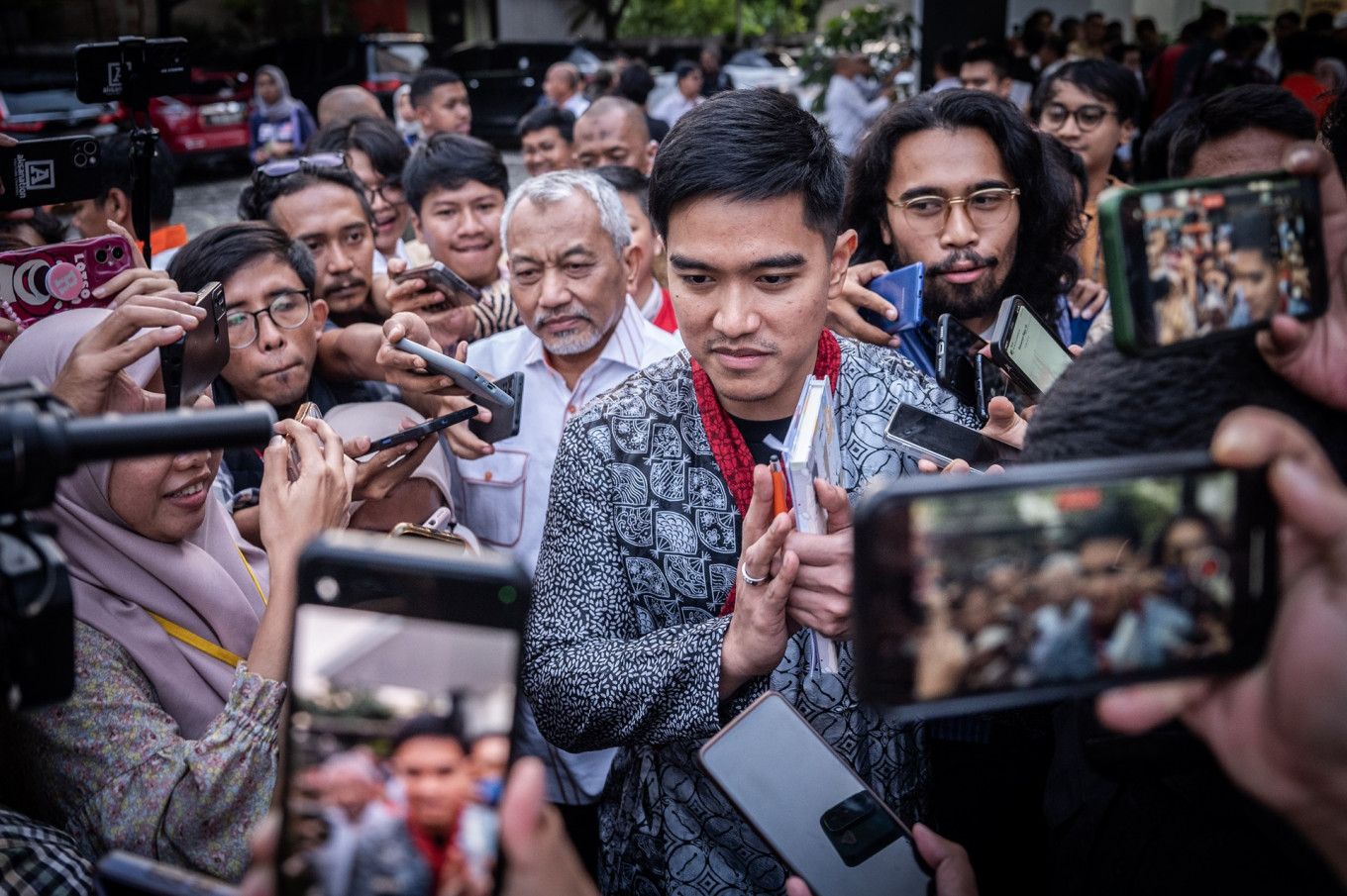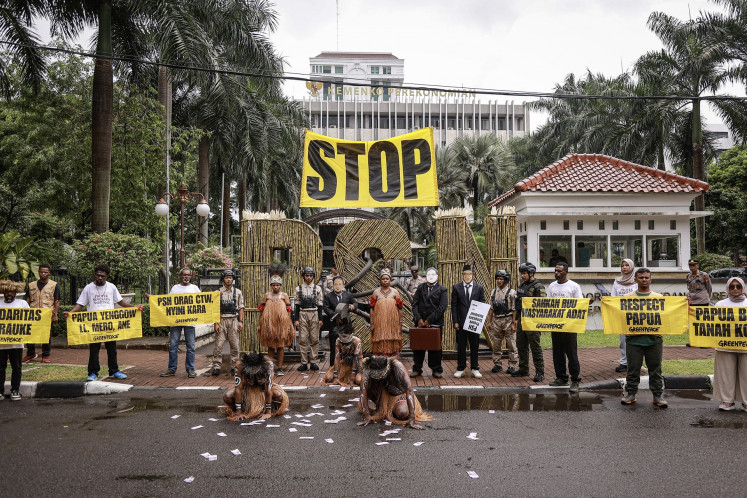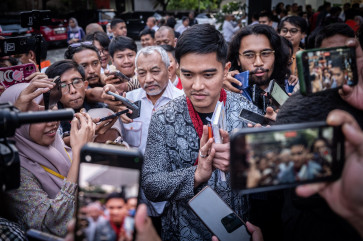Popular Reads
Top Results
Can't find what you're looking for?
View all search resultsPopular Reads
Top Results
Can't find what you're looking for?
View all search resultsNepotism undermines Indonesia electoral democracy
Addressing nepotism and corruption in Indonesia requires a multifaceted, sustainable approach that includes policy reform, cultural shifts and political education to instill democratic values and the importance of ethical leadership in young citizens in building a political system that prioritizes competence and integrity over personal connections.
Change text size
Gift Premium Articles
to Anyone
E
lections in Indonesia have undergone various changes since the reform era. Ideally, elections provide an opportunity for citizens to choose their leaders based on competence, vision and integrity.
The existing electoral system aims to create a representative and accountable government. According to Robert Dahl's concept of polyarchy, fair and free elections are essential to a functioning democracy.
The practices on the ground are often far from ideal, however. Money politics, kampanye hitam (smear campaigns) and voter intimidation remain prevalent, not only at the national level but also at the local level.
Elections as a democratic pillar emphasizes the importance of fair competition. Yet, electoral integrity in Indonesia is frequently compromised by systemic issues such as vote buying, where candidates distribute money or goods to sway voters. This undermines the principle of free choice, as voters are influenced by immediate gains rather than long-term governance and policies.
On the other hand, nepotism is a practice where political positions or power are passed down to relatives or close associates, often without considering competence or meritocracy. This practice contradicts democratic principles that prioritize broad participation and equal opportunity.
Nepotism in Indonesia not only occurs among the political elite, but also extends to bureaucracy and other public sectors. This results in negative impacts, such as lack of innovation, low professionalism and increased corruption. Nepotism also hinders the rise of new leaders with the potential and ability to bring positive change.
The impact of nepotism is multifaceted. It fosters an environment where loyalty to individuals supersedes loyalty to institutions. This loyalty-based system can lead to inefficiencies and corruption, as positions are filled based on connections rather than qualifications.



















